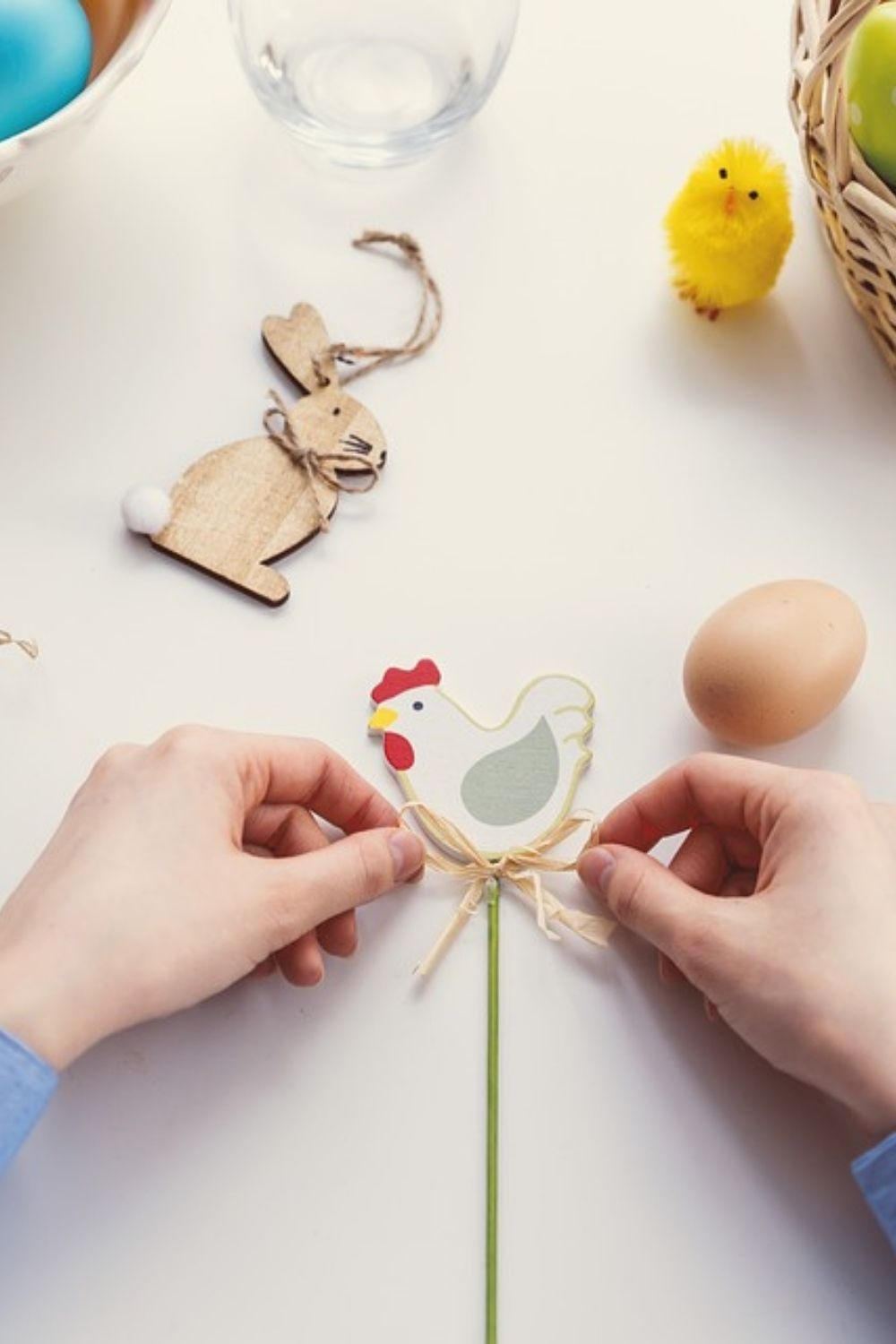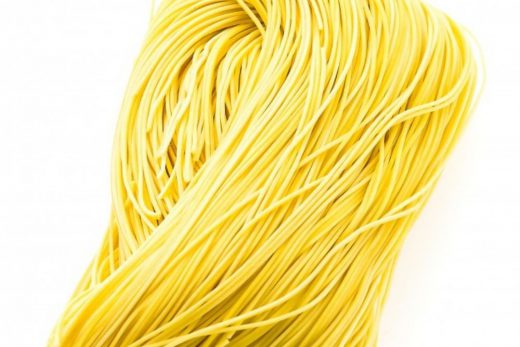There were a handful of Muslim kids in school with me, but there wasn’t much of a community to speak of; “my people,” as I thought of them, could be found at the local mosque, a short drive away that felt just long enough to underline the distance. And although I’ve never chosen to cover my hair with a hijab, observing a strict fast from dawn until dusk during Ramadan—one of the five pillars of Islam, and therefore central to my faith—seemed to signal I was different from the mostly Christian kids I was surrounded by. No matter how much I explained myself, my peers never seemed to understand why I was fasting, and their incredulity about the practice always made me feel small, othered, and isolated. I have vivid memories of resenting my religion, of thinking to myself, I wish I was anything but Muslim.
Part of the emphasis of Ramadan is on community: participating in regular congregational prayers at the mosque; preparing food for family, friends, and those in need; and breaking fast with other Muslims. I suppose it might have helped if some of my cousins, aunts, and uncles lived nearby so we could celebrate together, especially for iftar, the meal that breaks the fast, when evenings typically turn into late nights and both good food and conversation flow endlessly. Unfortunately, I don’t, and I never have.





